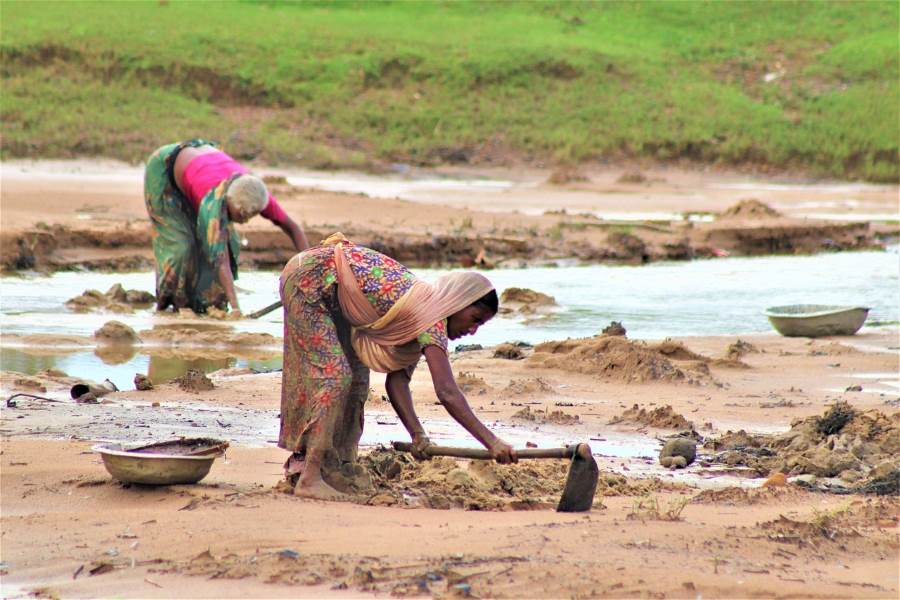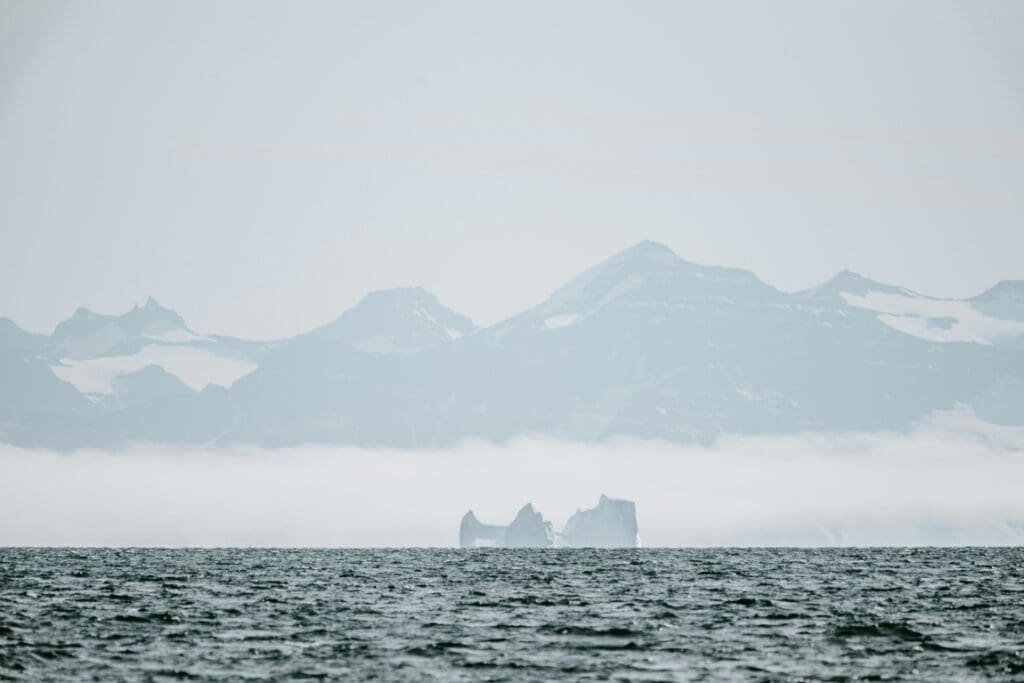As the world confronts the escalating impacts of climate change, researchers are increasingly recognizing that social structures play a crucial role in shaping societies’ ability to adapt.
A new study from the International Institute for Applied Systems Analysis (IIASA), published in Nature Climate Change, highlights gender equality as a key determinant of resilience. The study examines how access to education, financial resources, and decision-making power influences the ability of individuals and communities to respond to climate risks. Without meaningful progress toward gender equality, efforts to mitigate climate change and build sustainable economies may be significantly hindered.
One critical consideration is how different trajectories of gender equality — whether progress continues or inequalities deepen — could influence societies’ ability to adapt. The study finds that neglecting gender disparities will come at a high price, affecting everything from disaster preparedness to the ability to transition toward clean energy systems.
The research focuses on how gender dynamics are often overlooked in the climate models used to assess future risks and policy responses. Traditional approaches tend to assume broad socio-economic trends without fully accounting for how gender disparities shape access to education, employment, and financial systems — key factors in climate adaptation.
The study finds that integrating gender-related factors into these models provides a clearer understanding of how different societies may develop in response to climate change.
The role of gender in the clean energy transition
One of the study’s central findings is the connection between gender inequality and the shift away from fossil fuels. Historically, industries like coal mining have been male-dominated, while women have often taken on unpaid or informal labor roles within these sectors.

As economies move toward renewable energy, this transition presents an opportunity to rethink workforce participation. If well-designed policies encourage more women to enter the energy sector and ensure a more even distribution of care work, the transition could be both more effective and more equitable.
“Ensuring that women have equal opportunities in decision-making, the labor force, and higher education across all disciplines makes the energy transition easier and more just,” explains lead author Marina Andrijevic, a researcher in the IIASA Energy, Climate, and Environment Program. Without such measures, the economic benefits of a cleaner energy system could remain concentrated in the hands of those who have traditionally held power, limiting the broader societal advantages of decarbonization.
Gendered climate risks and adaptation challenges
The study also sheds light on the distinct risks that climate change poses to men and women.
Women, particularly in lower-income countries, face unique vulnerabilities, including risks to maternal health, undernutrition during droughts, and increased exposure to waterborne diseases when tasked with collecting water. These risks are compounded by limited access to financial resources, land ownership, and technological solutions that could improve their adaptive capacity.
Men, on the other hand, are more likely to experience work-related heat stress, economic insecurity due to drought-related crop failures, and higher rates of depression and suicide linked to climate-driven job losses. Extreme weather events, such as floods and hurricanes, also disproportionately impact men in certain regions due to their higher likelihood of working in physically hazardous conditions.
Understanding these differential risks is essential for developing targeted adaptation strategies. Climate policies that fail to account for gender dynamics risk overlooking key areas of vulnerability and may reinforce existing inequalities rather than addressing them.
Imagining different futures
A key message of the study is that climate adaptation and mitigation strategies must consider how societies evolve over time. The authors emphasize the importance of exploring multiple possible futures: one where gender equality improves, leading to stronger social and economic resilience, and another where inequalities deepen, exacerbating climate-related vulnerabilities.
“Our work was inspired by growing evidence that when women lack opportunities, from access to primary schooling to having a say at top levels of government, it weakens the ability of entire societies to respond to crises, such as climate change,” Andrijevic says.
By incorporating gender equality into climate scenarios, policymakers can make more informed decisions about how to foster a more resilient and inclusive future.
Journal Reference:
Andrijevic, M., Zimm, C., Moyer, J.D., Muttarak, R., & Pachauri, S., ‘Representing gender inequality in scenarios improves understanding of climate challenges’, Nature Climate Change 15, 138–146 (2025). DOI: 10.1038/s41558-024-02242-5
Article Source:
Press Release/Material by International Institute for Applied Systems Analysis (IIASA)
Featured image credit: Freepik (AI Gen)




